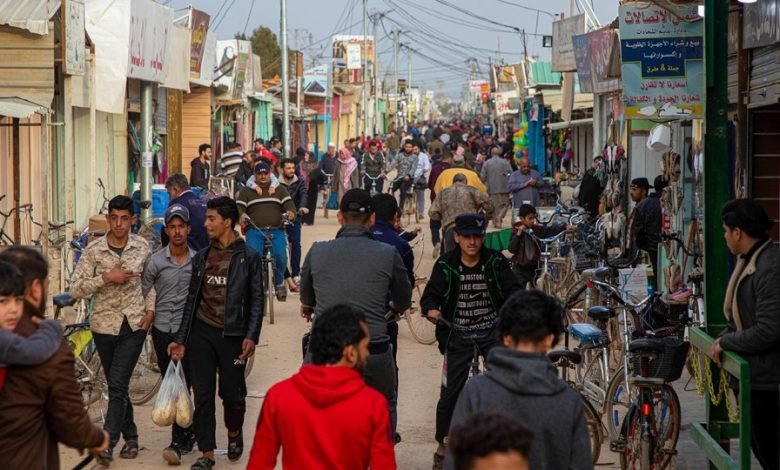
By : Nedal Zubeidi
Jordan Daily – The renewal of refugee documentation is crucial for maintaining access to social services and humanitarian aid in Jordan, said Roland Schoenbauer, UNHCR Spokesperson in Jordan.
Schoenbauer told the Jordan Daily that refugees can renew their asylum-seeker certificates or proof of registration by calling UNHCR’s Helpline or visiting one of its registration centers. UNHCR also proactively schedules renewal interviews to ensure uninterrupted access to assistance, he added.
The Legal/Protection Unit, following UNHCR’s policy on Gender-Based Violence (GBV), provides essential legal assistance to refugees in Jordan. Partnering with ARDD (The Arab Renaissance for Democracy & Development), the unit offers legal counseling, representation, and awareness sessions on justice access and GBV crimes. This support emphasizes survivor-centered approaches and confidentiality, addressing GBV and child protection concerns, Schoenbauer indicated.
Schoenbauer noted due to funding constraints, UNHCR has reduced cash assistance for refugee families in Jordan’s communities from 30,000 to 23,000. Assistance in camps remains unchanged, but the cuts exacerbate existing challenges from previous reductions. These financial strains have led to increased child begging, reduced food consumption, and growing debt among refugees. Schoenbauer stressed that UNHCR is intensifying efforts to secure funding, particularly from Gulf countries, to sustain essential aid programs.
Jordan’s new healthcare access policy, introduced in 2019/2020, has significantly improved medical services for refugees, Schoenbauer stated. Developed by UNHCR with the Ministry of Health and the Jordan Health Fund for Refugees, the policy has streamlined procedures and increased awareness among health facility staff. This has led to a higher percentage of refugees receiving necessary services and improved satisfaction with emergency healthcare.
As a result, healthcare access has greatly improved. In 2023, 90% of non-Syrian and 92% of Syrian refugees received the necessary services at their first visit to a facility, up from 81% and 89% in 2022. Utilization of MoH facilities increased from 22% to 28% for non-Syrians and from 24% to 33% for Syrians. Satisfaction with services also grew, and emergency healthcare acceptance rates for camp refugees in MoH hospitals jumped from 67% to 93%, he indicated.
Schoenbauer cited a recent Ipsos survey reveals strong public support for refugees in Jordan, positively impacting UNHCR’s collaboration with the Jordanian government. This sentiment has led to policy concessions, such as allowing refugee children to attend school and ensuring access to public hospitals.
Schoenbauer expressed appreciation for the hospitality and understanding shown by the Jordanian people, which supports the integration of refugees into national systems.

